Picture of Archimedes
Corbis-Bettmann. From photograph of sculpture in the National Museum, Naples.
Archimedes
Archimedes was a Greek mathematician and engineer who lived between 287-212 B.C. His greatest contributions are in the field of geometry and in the development of war machines.
Legend has it that Archimedes discovered his famous theory of
buoyancy while taking a bath. He was so excited that he ran naked
through the streets of Syracuse shouting "Eureka, eureka (I have found
it)!".
Another legend claims that Archimedes saved the city of Syracuse from a Roman siege by constructing a lens which focused the sun's light and burned Rome's fleet of ships.
You might also be interested in:
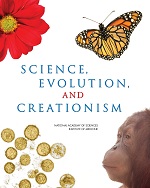
How did life evolve on Earth? The answer to this question can help us understand our past and prepare for our future. Although evolution provides credible and reliable answers, polls show that many people turn away from science, seeking other explanations with which they are more comfortable.
...more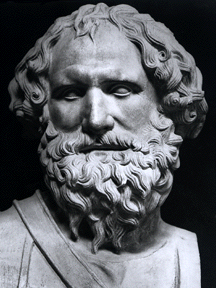
Archimedes was a Greek mathematician and engineer who lived between 287-212 B.C. His greatest contributions are in the field of geometry and in the development of war machines. Legend has it that Archimedes
...more
Aristotle was a Greek philosopher who lived between 384-322 B.C. He was one of the greatest thinkers of the world and his written works encompassed all major areas of thought. Aristotle mistakenly believed
...more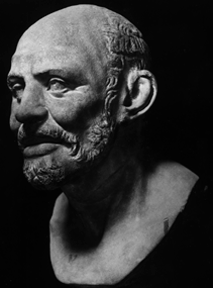
Democritus was a Greek philosopher who lived between 470-380 B.C. He developed the concept of the 'atom', Greek for 'indivisible'. Democritus believed that everything in the universe was made up of atoms,
...more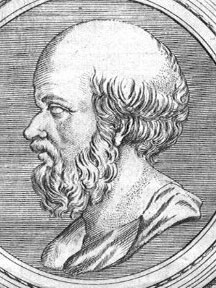
Eratosthenes was a Greek scientist who lived from 276 to 194 B.C. He studied astronomy, geography, and math. Eratosthenes is famous for making the first good measurement of the size of the Earth. He spent
...more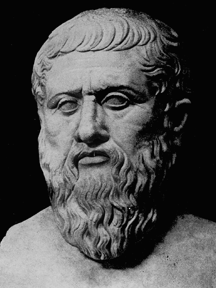
Plato was a Greek philosopher who lived between 427-327 B.C. He founded the Academy in Athens, a school which made many important scientific discoveries during ancient times. Although Plato made no important
...more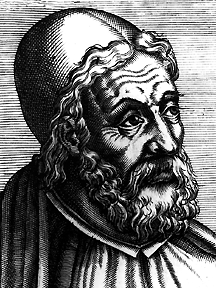
Ptolemy was a Greek astronomer who lived between 85-165 A.D. He put together his own ideas with those of Aristotle and Hipparchus and formed the geocentric theory. This theory states that the Earth was
...more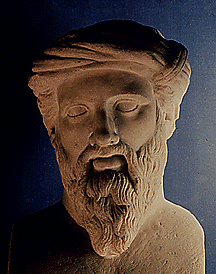
Pythagoras was a Greek philosopher who lived between 580-520 B.C. He founded a school in Croton, which made outstanding contributions to the field of mathematics. Pythagoras and his cult members believed
...more














